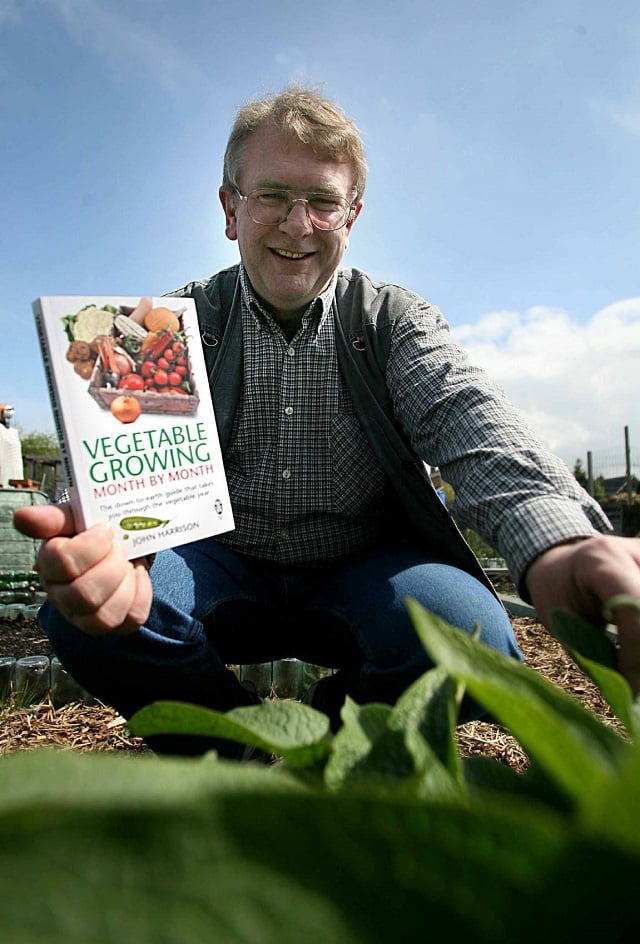
Recently we caught up with John from Allotment Garden to see how much of an impact allotments have had on Britain through the years. as well as some of the challenges of running one and how to overcome them.
Check out our interview with John with below.
Our interview with Allotment Garden
1. Allotments are a big part of British history; do you think more should be done to preserve the allotment trade in the UK?
Allotments are far more than some historical hangover. People may no longer depend on them for their food but they provide a leisure activity for many that has been shown to promote both physical and mental health. They also provide green spaces in the urban landscape and by mixing people in different ethnic, age and social groups, allotments promote social cohesion.
So a resounding Yes! Preserve, support and develop more allotments.
2. You’ve managed a couple of allotments over the years; what would you say your biggest challenges have been? How did you overcome them?
The biggest challenge by far is finding the time. Allotments take time to manage and if left to themselves become a demoralising task to bring back into order. The answer is to grab every opportunity and just get down to the plot.
The second is clearing a new plot – it looks pretty impossible at first. If you try and do it in one go, you'll probably fail and give up. The secret is to break it down into chunks you can do in one session. That way you go home feeling you have accomplished something and look forward to next time rather than feeling defeated by what is left to do.
3. Do you have any advice for people thinking of taking on an allotment?
Lots! Buy my book The Essential Allotment Guide first and then just go for it!
4. Part of the benefits of running an allotment plot is the community that comes with it. How important do you think community gardening, of any kind, is for people and the environment?
Very important indeed – all the benefits to people I covered at the start but the benefit to the environment should not be under-estimated. Just to take one item – the bee. Without bees, which are in decline due most likely to farming chemical practices, we are in big trouble as they are so important as pollinators.
Yet urban bee-keeping and bees are on the increase, due to gardeners growing flowers etc. We need more gardens managed not just for our benefits but for the environment's benefit.
5. On your site you have a section devoted to monthly gardening, and what to grow each month. How far ahead do you need to plan for seasonal growing?
A rough plan for the year is a must but you must be prepared to adapt it according to weather conditions and so forth.
6. How important is crop rotation on an allotment? What benefits do you get from it?
Less than people often think. The important thing is to avoid growing the same thing in the same place year after year so pests and disease don't build up.
There are all sorts of complicated rotation plans but for the beginner, I'd suggest just following the traditional 3 part plan developed for the Dig for Victory campaign in WW2.
As your skills and knowledge develop, you can start to alter the rotation plan to better suit your individual growing.
7. How important is it that allotment owners follow the methods of organic gardening?
I think it is important to work with nature as much as possible but don't forget that vegetable growing is an artificial practice. Nature grows plants to produce more plants not to feed us.
I don't like pesticides and use organic methods as first choice but organic standards outlaw the use of artificial fertilisers which, used thoughtfully in combination with organic composts and manures, can make the difference between success and failure.
8. Composting is a big part of owning an allotment, and making the most out of the crops that have been grown. What different composting methods do you use?
At home, we compost our kitchen waste and other materials like cardboard in a sealed hot composter called a hotbin. This is fast and produces great compost which is taken to the plot.
For bulk waste such as sweetcorn stalks, clippings, weeds and so on a standard method with two bins made from old pallets. I've also got a couple of compost bins that were subsidised by the council. They're slower than hot composting but they do the job in the end.




